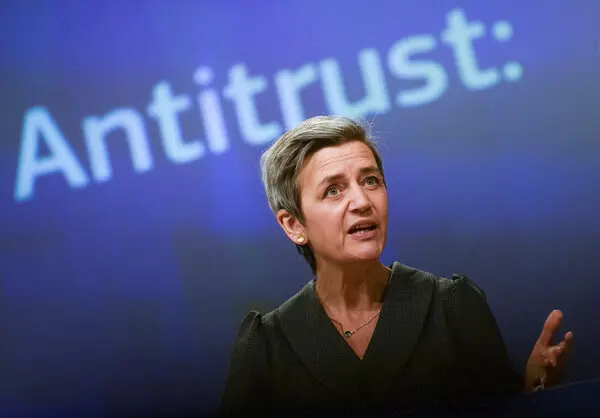Teva Pharmaceutical Industries Ltd. the world’s largest generic drug manufacturer, is expected to face an EU antitrust fine in the coming weeks for allegedly disparaging a competitor’s multiple sclerosis treatment, according to sources familiar with the situation.
In 2022, the European Commission charged Teva with violating EU antitrust regulations, claiming the company engaged in anti-competitive practices, including the misuse of the patent system to unjustly prolong the patent for its flagship multiple sclerosis drug, Copaxone, thereby shielding it from competition.
The European Commission’s stringent stance reflects its concerns that such practices may hinder innovation within the pharmaceutical sector, particularly in light of the financial constraints faced by healthcare systems across Europe.
While the Commission has refrained from commenting on the ongoing case, Teva has yet to respond to requests for further information.
This investigation has a lengthy history, beginning with EU dawn raids in 2019 that eventually led to a formal inquiry in 2021.
Companies found guilty of breaching EU antitrust laws can face fines of up to 10% of their global annual revenue, although such penalties are not frequently imposed at the maximum level.
In 2020, Teva and its subsidiary, Cephalon, were fined €60.5 million (approximately $66.7 million) for entering into an agreement to delay the release of a cheaper generic version of Cephalon’s sleep disorder medication. This penalty was part of the EU’s broader crackdown on pay-for-delay arrangements between brand-name pharmaceutical companies and their generic competitors.




